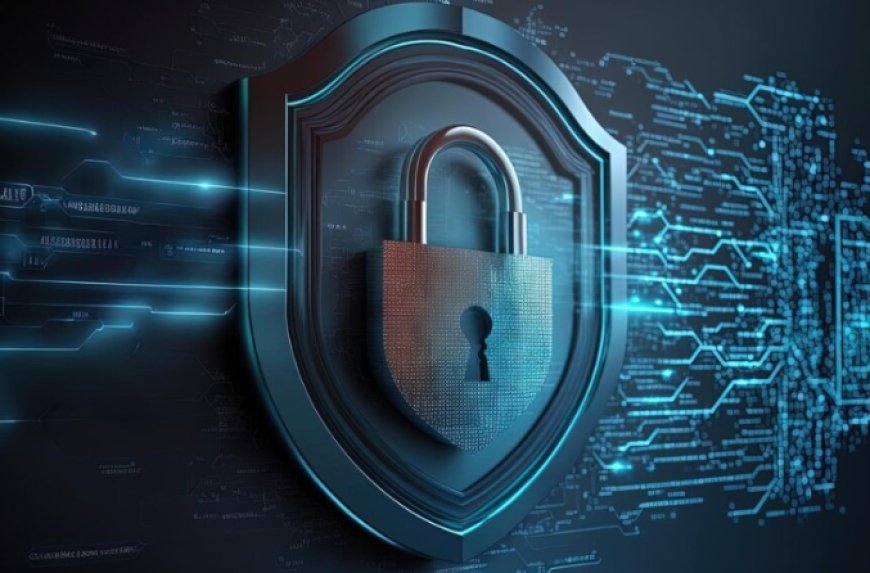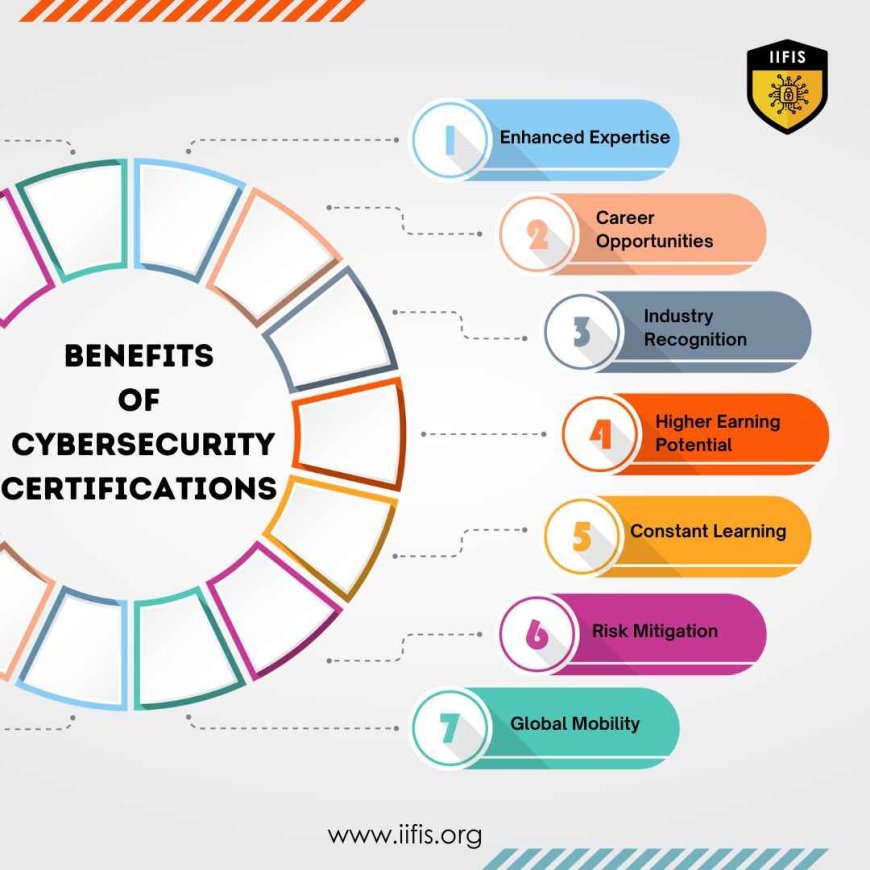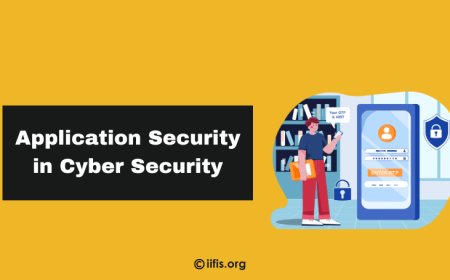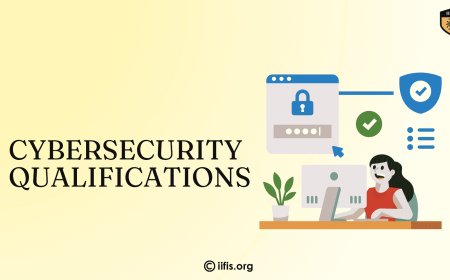A Comprehensive Guide to Cyber Security Certifications
Explore the world of cyber security certifications, from CISSP to CEH. Find the right path to boost your career in cyber defence.

The demand for knowledgeable cybersecurity experts is increasing in step with our growing dependence on technology. More than ever, both large and small businesses must contend with cyber risks. These dangers can take many different forms, such as software getting into computer systems or hackers attempting to steal confidential data.
Cybersecurity professionals are in high demand as more people use the internet and as businesses store critical data online. Businesses wish to protect their customers against identity theft and hacking. They require professionals who know how to safeguard their networks and act fast in the event of an attack.
More protective rules have prompted businesses, government organizations, and industries including healthcare and finance to make an effort to attract cybersecurity specialists. But there's a lack of skilled workers, which means there are lots of openings for positions like incident responders, ethical hackers, and cybersecurity analysts.
Benefits of Cybersecurity Certifications
Cybersecurity certificates are particularly important for professionals who want to maintain private information and systems in today's digital environment when there are many dangers to our online security. Now let's explore the advantages of obtaining these certifications:
-
Enhanced Expertise:
Those with cybersecurity certificates possess specific knowledge and abilities that are important in defending against online attacks. Certified experts develop a greater understanding of security concepts, methods, and instruments through demanding training and testing.
-
Career Opportunities:
Having cybersecurity qualifications improves your chances of getting a job. For positions like information security managers, network security engineers, and cybersecurity analysts, many businesses give preference to certified applicants. These credentials show a person's proficiency and dedication to their profession.
-
Industry Recognition:
Certifications in cybersecurity are internationally accepted qualifications that attest to a person's expertise in particular cybersecurity topics. Obtaining certification improves one's professional credibility and reputation in the business by proving one's ability to peers, clients, and employers.
-
Higher Earning Potential:
When compared to their non-certified colleagues, certified cybersecurity specialists frequently fetch greater compensation. The specialized knowledge and abilities that come with certifications are highly valued by employers, which raises earning potential and creates the possibility of growth.
-
Constant Learning:
As cyber-attacks change quickly, cybersecurity experts must keep up with the newest developments in both technology and trends. Recertifying and continuing education are necessary for maintaining certificates, providing that professionals stay competent and productive in their positions.
-
Risk Mitigation:
People improve the overall security posture of their organizations by getting cybersecurity certifications. Certified specialists are more qualified to recognize weaknesses, evaluate threats, and put in place strong security controls, which lowers the possibility of data breaches and assaults.
-
Global Mobility:
Because cybersecurity certificates are accepted all around the world, holders of them can explore opportunities wherever they may be. Certifications are useful credentials that cut across national borders, whether you're working with clients abroad or looking for work internationally.
Many benefits come with cybersecurity certificates, such as improved knowledge, expanded job options, professional identification, increased earning potential, ongoing education, reduced risk, and international mobility. Professionals can give themselves the information and abilities necessary to succeed in the intricate and constantly evolving field of cybersecurity by investing in certification, which eventually helps to create a safer online environment for both individuals and businesses.

What are the key cybersecurity certifications available?
Certifications are important qualifications in the field of cybersecurity that attest to a person's knowledge and ability in a range of information security-related areas. Let's explore a few important cybersecurity credentials in order of importance.
-
CompTIA Security+:
The fundamental cybersecurity ideas and best practices are covered in this entry-level certification. For individuals just starting or wishing to pursue a career in cybersecurity, it is perfect.
-
Certified Information Systems Security Professional (CISSP):
The qualification is an internationally acknowledged marker for proficiency in cybersecurity principles and practices. It covers a wide range of security subjects and is appropriate for people with experience.
-
Certified Ethical Hacker (CEH):
A CEH specializes in ethical hacking methods and approaches, instructing people on how to find and fix security flaws in networks and systems.
-
Cisco Certified CyberOps Associate:
certification focuses on cybersecurity operations and offers instruction in using networking giant technologies for threat analysis, incident response, and security monitoring.
-
Certified Information Security Manager (CISM):
The credentiSkillsal is intended for those who are in charge of organizing, managing, and managing an information security program inside an organization. It addresses subjects including governance, compliance, and risk management.
-
Offensive Security Certified Professional (OSCP):
One well-known aspect of OSCP is its practical hacking methodology. Applicants must successfully exploit weaknesses in an enclosed environment to show their practical knowledge.
These certifications serve individuals at different stages of their careers and cover a wide range of cybersecurity topics. Acquiring the necessary certifications can improve your abilities, reputation, and employment prospects within the fast-paced cybersecurity industry, regardless of your level of experience.
uses of cyber security in companies
-
Data Security: Protecting private data, including business secrets, financial data, personnel records, and client information.
-
Risk Management: Recognizing, evaluating, and minimizing cyber risks to protect against monetary losses, interruptions to business operations, and reputational damage.
-
Compliance: Accepting industry laws and regulations such as GDPR, HIPAA, PCI DSS, and SOX to stay out of trouble with the law and keep consumers' trust.
-
Prevention of Disruption: Implementing strong cybersecurity defences to avoid downtime and preserve business continuity, such as firewalls, intrusion detection systems (IDS), and endpoint protection.
-
Protection of Intellectual Property: Stop loss, espionage, and illicit access to patents, trademarks, proprietary technologies, and study results.
-
Maintaining Customer Trust: Maintaining the security and privacy of consumer data to promote loyalty, trust, and a favourable brand image.
-
Stopping Financial Losses: To stop financial losses, fraud, and extortion attempts, secure payment processing systems, fraud detection tools, and ransomware protection should be put in position.
Knowing a cybersecurity certification is crucial for interacting with the modern digital environment. A variety of professional prospects and verification of skills are provided by certifications such as CompTIA Security+, CISSP, CEH, and others. They show a dedication to ongoing learning and industry recognition, which improves workers' capacity to reduce risks and support international cybersecurity initiatives. Investing in cybersecurity certificates gives professionals the skills they need to succeed in the fast-paced cybersecurity field, creating a safer online environment for people and organizations everywhere. The benefits of cybersecurity certifications include greater earning potential and mobility throughout the world.
























